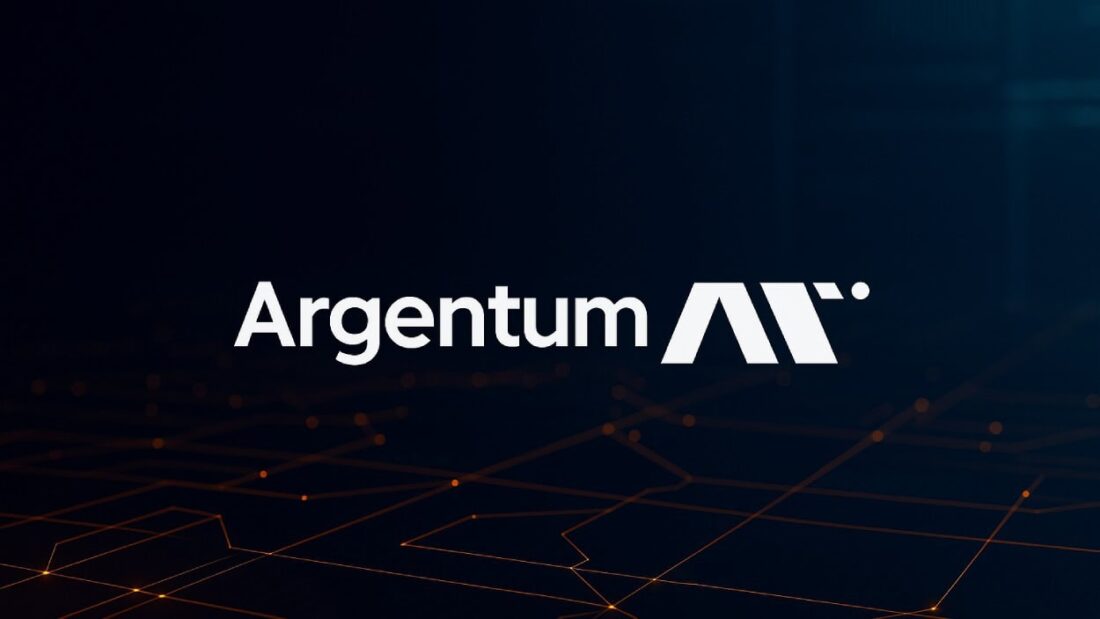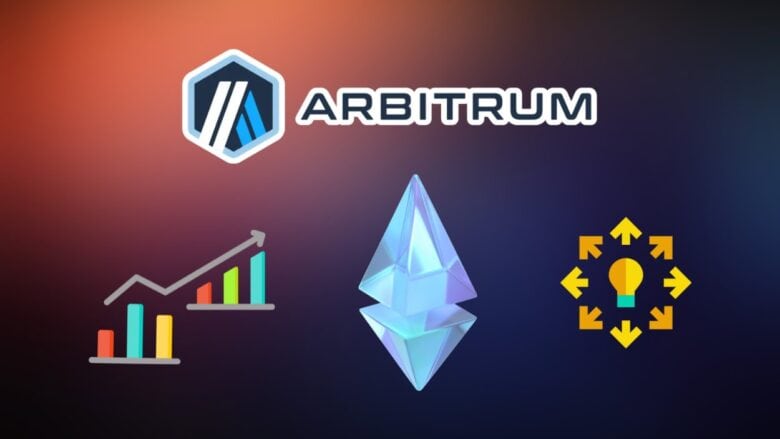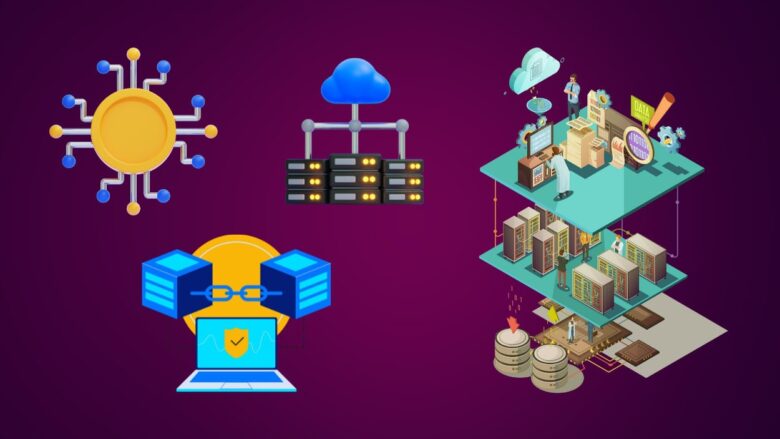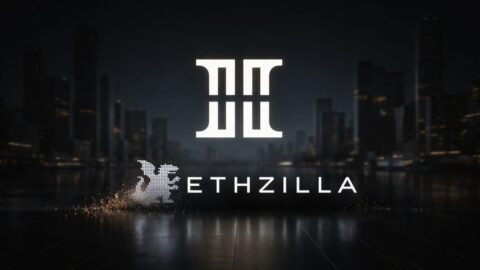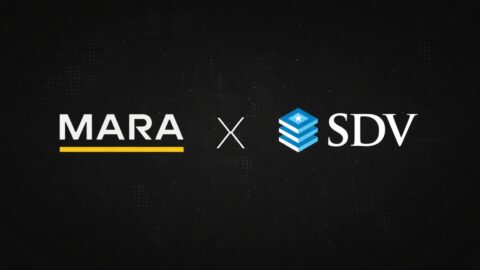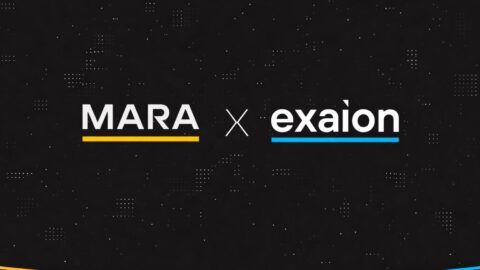Enterprise-focused infrastructure provider Argentum AI is positioning itself to bridge the compliance and transparency shortfalls that currently hinder the $14.6 billion decentralized compute (“DePIN”) market.
Key Takeaways
- The DePIN compute market is valued at approximately $14.6 billion, yet adoption by institutional buyers is held back by a $5 to $10 billion gap caused by lack of auditable service level agreements and hardware attestation.
- While some network providers offer high-end GPUs for as little as $1 to $2 per hour, major cloud providers still charge $10 to $12 per hour for comparable hardware, creating significant cost arbitrage.
- Argentum AI is featured in a recent sector report as one of the few early entrants built around enterprise-grade standards: region pinning, audited execution, predictable billing and secure contracts.
- The best-fit use cases for decentralized GPU networks today are batchable AI workloads such as fine-tuning, offline inference and rendering. Interactive ultra-low-latency workloads still favor centralized cloud providers.
What Happened?
A new report released by Solus Partners, in partnership with computation DePIN researchers, analyzed 423 protocols across the decentralized physical infrastructure network sector. The compute vertical emerged as one of the fastest-growing but most challenged by institutional readiness. Within this evolving landscape, Argentum AI stands out as an emerging player offering infrastructure and a marketplace tailored for compliance-first deployments.
Research: Computation DePIN (Nov 2025)
— DARC by Solus Group (@solus_partners) November 19, 2025
Key Findings:
▫️ DePIN growth is real (YoY fees did ~5x) but concentrated in a few networks (Aethir, ionet, Helium)
▫️ Top 3 protocols by Comparative Scoring: @AethirCloud (Leader), @ionet (Watch), @Argentum_AI (Early Watch)
▫️… pic.twitter.com/4vlpqaDBer
The report shows that DePIN compute has experienced real growth with a five-fold year-over-year increase in fee revenue. However, it emphasizes that many projects lack the necessary infrastructure for enterprise trust, particularly around performance telemetry, contract enforcement, and regulatory compliance.
Context and Market Snapshot
Demand for AI compute is rising sharply, but access to high-end GPUs remains constrained. The decentralized market exploits cost arbitrage by aggregating underused GPU resources globally.
- Providers like Aethir and Akash list NVIDIA H100 GPUs for roughly $1.25 to $1.40 per hour, compared to up to $12 per hour on traditional cloud services.
- However, the quality of supply varies greatly. Some networks rely on enterprise-grade data center GPUs, while others include consumer hardware, which affects reliability.
- Key adoption blockers include the absence of SLA dashboards, limited TEE attestation, and lack of data residency controls. Export regulations and GDPR rules also require workload location enforcement.
- The report estimates a total addressable market (TAM) of $80 to $150 billion by 2027, highlighting the potential upside if these infrastructure gaps are resolved.
How Argentum AI Is Positioning Itself?
Argentum AI directly addresses these institutional barriers by combining compliance assurance with a flexible compute marketplace
- It offers a decentralized GPU auction platform, allowing enterprises to secure compute capacity across verified hardware globally.
- A planned public performance dashboard and benchmarking system will allow users to evaluate node reliability and execution quality.
- Focused on reuse of second-generation GPUs and multi-region availability, Argentum AI targets underutilized enterprise resources.
- The firm emphasizes predictable billing, on-chain audit logs, and data processing agreements that meet GDPR and export control laws.
Why This Matters?
Massive cost savings are a key motivator. Cutting GPU costs from $12 to $1.25 per hour can save teams thousands per month, especially in model training. But cost is only one part of the equation. For institutions, compliance, auditability, and regional control matter even more
- If Argentum AI can deliver its promised features, it could attract a wide range of regulated enterprises, AI research labs, and infrastructure providers.
- This could shift the decentralized compute market from crypto-native developers to mainstream AI workloads, provided performance data and service guarantees are published.
- The company could also play a role in absorbing idle compute resources, especially older GPUs that remain powerful but are underutilized.
Risks and Remaining Challenges
Despite its advantages, Argentum AI faces major hurdles:
- Execution risk: Building out an auditable, multi-jurisdiction GPU marketplace is complex and demands verifiable metrics.
- Competition: Other networks such as Aethir, io.net, and Akash are also investing in compliance and transparency. Argentum must differentiate on trust and results.
- Workload limitations: Current DePIN platforms are still best suited for batch inference and offline training. Real-time AI and interactive workloads remain a challenge until networks can guarantee low latency.
CoinLaw’s Takeaway
In my experience, the biggest reason enterprises hesitate to adopt decentralized infrastructure is not price, it is trust. Without verifiable SLAs, hardware attestation, region control, and audited logs, it’s impossible for a regulated company to move sensitive workloads onto these networks.
What stood out to me about Argentum AI is that they are not selling hype. They are building for compliance, focusing on things that actually matter to CIOs and legal teams. I found that refreshing. If they can execute and prove reliability at scale, Argentum could become a serious contender in the AI infrastructure space.
But they have to move fast. The window for establishing trust in this market is narrow, and performance data will make or break them.

